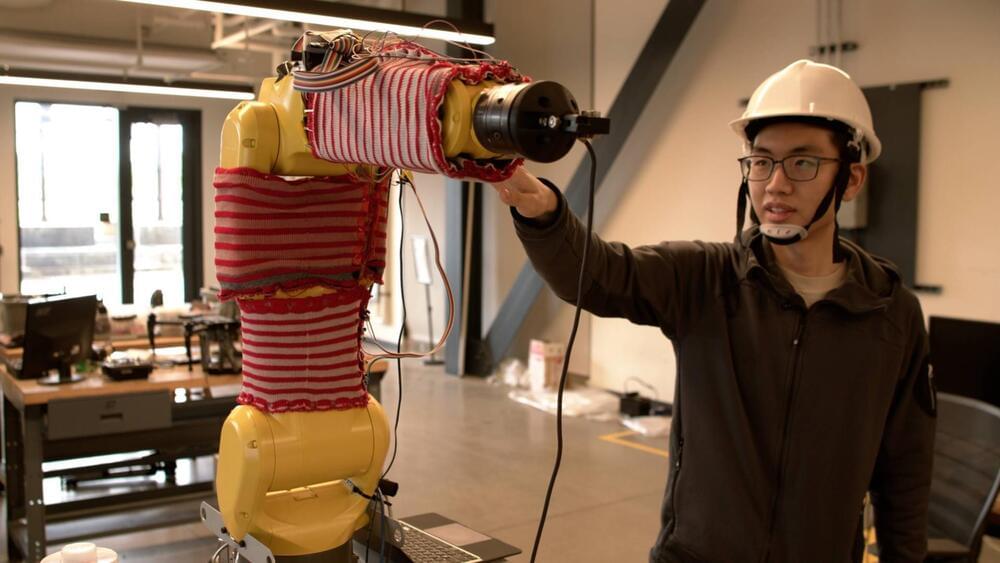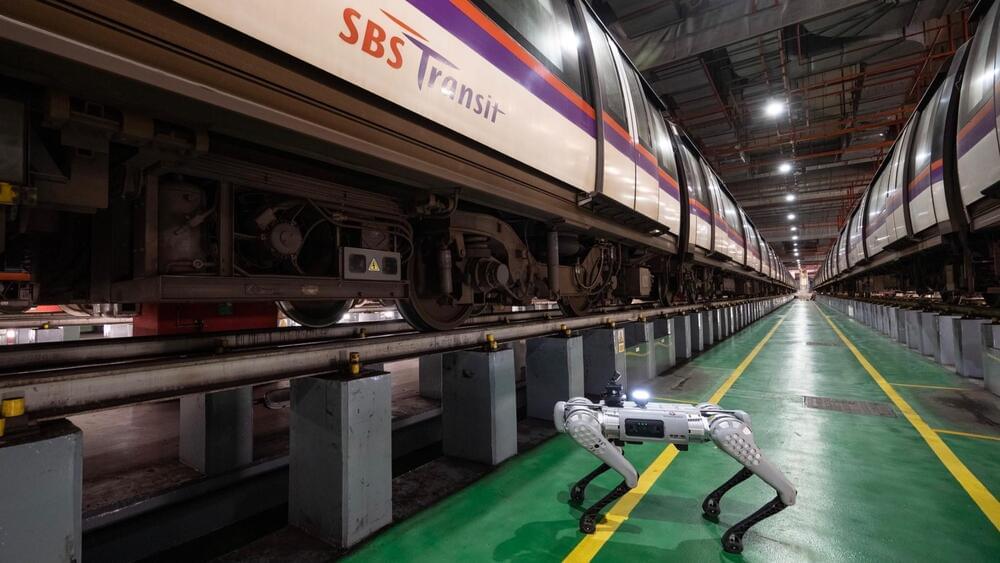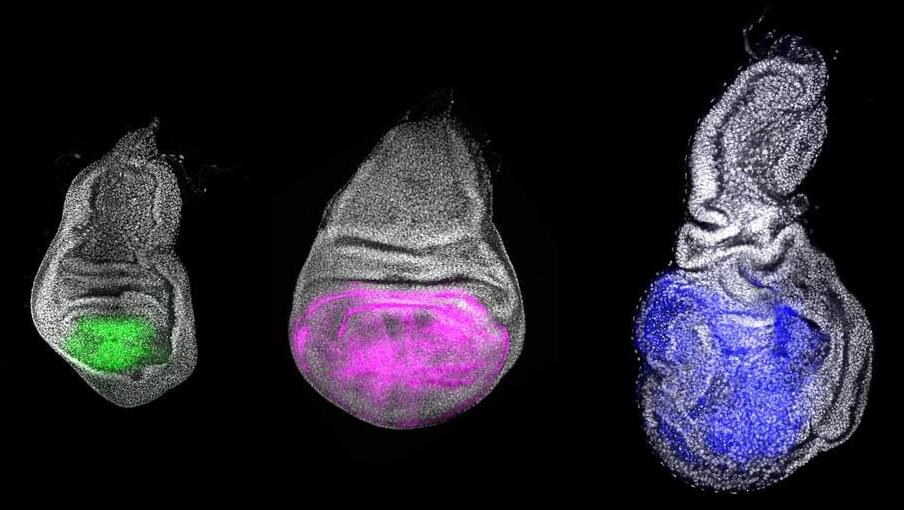Firing ultrasound signals into rodent brains puts them in a torpor-like state. Scientists are wondering if it could be used on humans.



Dr. Alice Agogino’s Mars robot technology finds terrestrial applications, revolutionizing disaster response and public safety with Squishy Robotics Inc.
For her NASA-funded spherical skeleton robots intended for interplanetary exploration, Dr. Alice Agogino, a famous scientist and the head of the Berkeley Emergent Space Tensegrities Lab at the University of California, Berkeley, has found terrestrial applications.
The robots developed by Agogino, which were initially meant for data collection on Mars or the Moon, may help first responders in the event of calamities on Earth.

The Robotics Institute at Carnegie Mellon University has developed a machine-knitted textile “skin” that can detect contact and pressure.
Over recent years, the goal in robotics has been to make robots more humane.
To make this possible, engineers have now developed a first-of-its-kind “RobotSweater” that will enable better interaction with humans. The Robotics Institute at Carnegie Mellon University has developed a machine-knitted textile “skin” that can be wrapped around the robot’s body to detect contact and pressure.


The policy vacuum could impact refugees warns lawmaker.
The federal government in Australia has left it to the various departments to decide on the usage of artificial intelligence (AI) tools like ChatGPT instead of formulating a common policy for public services, ABC News.
Millions of users have experimented with tools like ChatGPT since it was introduced last year, and private organizations have jumped to make AI an integral part of their products and services to improve productivity and cut costs.

A new study published on eLife and led by the Institute for Evolutionary Biology (IBE, CSIC-UPF) and the IRB Barcelona, has revealed that the Chinmo gene is responsible for establishing the juvenile stage in insects. It also confirms that the Br-C and E93 genes play a regulatory role in insect maturity. These genes, which are also present in humans, act as a promoter and as a suppressor, respectively, of cancerous processes.
The results of the research, which was carried out with the fruit fly Drosophila melanogaster and the cockroach Blatella germanica, reveal that these genes have been conserved throughout the evolution of insects. Therefore, it is believed that they could play a key role in the evolution of metamorphosis.
Insects that undergo complete metamorphosis, such as flies, go through the following three stages of development: the embryo, which is formed inside the egg; the larva (juvenile stage), which grows in several phases; and the pupa, which is the stage that encompasses metamorphosis and the formation of the adult organism.

Biden’s energy policy is paying off big time.
SEOUL, May 26 (Reuters) — South Korea’s Hyundai Motor Group and LG Energy Solution Ltd (LGES) (373220.KS) on Friday said they will build a $4.3 billion electric vehicle (EV) battery plant in the United States amid a push to take advantage of tax credits.
Manufacturers must adhere to new U.S. sourcing requirements for EV battery components and critical minerals so that buyers of their vehicles can qualify for up to $7,500 in tax credits under the Inflation Reduction Act (IRA).
Vehicles from Hyundai Motor Co (005380.KS) and sister automaker Kia Corp (000270.KS) are currently not eligible.
Program & apply to join: https://foresight.org/existential-hope/
Foresight Existential Hope Group.
Kevin kelly, wired magazine | pioneering visions of a high-tech future.
In this episode of Foresight’s Existential Hope Podcast, our special guest is Kevin Kelly, an influential figure in technology, culture, and optimism for the future. As the founding executive editor of Wired and former editor of Whole Earth Review, Kelly’s ideas and perspectives have shaped generations of thinkers and technologists.
Join our hosts Allison Duettmann and Beatrice Erkers as they delve into Kelly’s philosophies and experiences, from witnessing technological shifts over the decades to fostering optimism about the future. Kelly shares details about his latest book, a collection of optimistic advice in tweet form, and talks about his current project envisioning a desirable hi-tech future 100 years from now.
He also discusses the transformative power of the internet as an accelerant for learning, the underestimated long-term effects of being online, and the culture-changing potential of platforms like YouTube. If you’re interested in the intersection of technology, optimism, and the future, this is a must-see.
Join us:

